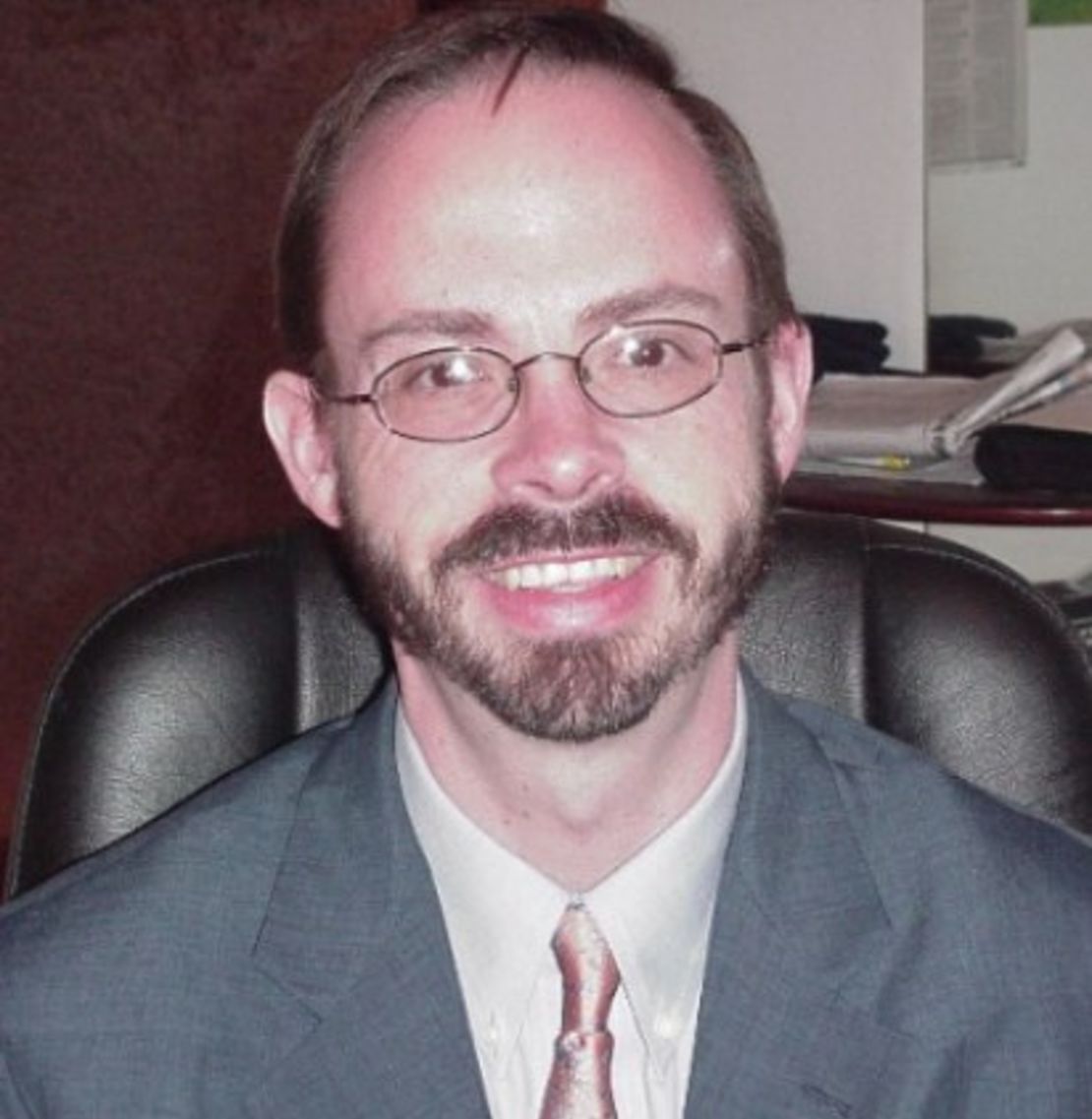Editor’s Note: John L. Allen Jr. is CNN’s senior Vatican analyst and the senior correspondent for the National Catholic Reporter.
Story highlights
John Allen: Worldwide, Catholics are being persecuted, sometimes in violent ways
Meanwhile, he says, Vatican deals with leaked documents, a mobster, a missing girl
Allen: Scandals dominate the headlines and distract attention from people in real need
Allen: Palace intrigue has also undermined the trust leaders put in the Vatican
Odd as it may sound, one great person to ask about the real cost of the Vatican leaks scandal, rekindled with the arrest of the pope’s butler on charges of stealing a raft of secret documents, would be the Rev. Matthew Thomas, pastor of Holy Family Catholic Church in the Indian province of Kashmir.
Last week, his parish was attacked by two men who tossed gas at the main entrance and set it ablaze. Luckily no one was injured, but the church was seriously damaged. Although the culprits remain unidentified, Jammu and Kashmir is India’s lone majority Muslim province, and observers suspect Islamic radicals.
Or, one could ask Chinese Catholics who worship at the Donglu Marian shrine, a popular pilgrimage site under a government lockdown, harassment that is par for the course under China’s officially atheistic one-party regime. One could also ask four Catholic activists in Vietnam on trial for “propaganda against the state” for taking part in social campaigns organized by the church, including support of pregnant women and opposition to abortion. If convicted, they face between three and 20 years in prison.
These episodes are part of a broad global pattern. According to the International Society for Human Rights in Frankfurt, Germany, about 80% of acts of religious discrimination in the world today are directed against Christians. Various sources estimate 150,000 Christians are killed for the faith every year, in far-flung locations such as sub-Saharan Africa, the Indian subcontinent and the Middle East.

The Vatican would dearly love to focus international attention on this new generation of martyrs. The defense of religious freedom, especially in places where Christians are in the firing line, has become its premier social and political concern.
Yet, of course, that’s not the Catholic story grabbing headlines at the moment. Given the almost surreal cascade of events in Rome, it has become virtually impossible to tell any other story about the church, or for the Vatican to wield its moral authority to intercede on behalf of people who truly need the help.
To be sure, the leaks scandal is irresistibly fascinating.
Confidential documents began rolling out of the Vatican in January, and in the months since, so many have leaked that they’ve been collected into a best-selling Italian book subtitled “The Secret Papers of Benedict XVI.”
Some have been easy for the Vatican to dismiss, such as an anonymous memo outlining a Borgia-esque plot to kill the pope, which struck most people as almost comical in its implausibility.
Other leaks have been far more damaging, including correspondence from the pope’s ambassador in Washington alleging corruption and cronyism in Vatican finances, as well as memoranda from the Vatican Bank and other offices raising questions about whether Benedict XVI’s widely touted new transparency measures, intended to get the Vatican onto “white lists” of countries that meet anti-money laundering norms, will really work.
The question of who’s behind these leaks is equally gripping. The butler arrested Wednesday, 46-year-old Paolo Gabriele, is said to be “fully cooperating” with investigators, who reportedly discovered a cache of documents in his Vatican apartment.
Most observers remain skeptical that Gabriele acted alone, or that he’s the ultimate mastermind. Italian papers are full of unnamed Vatican officials insisting that others are involved, and that their ultimate aim is to force Pope Benedict XVI to remove his top aide, Cardinal Tarcisio Bertone, who as secretary of state is essentially the Vatican’s “prime minister.” According to this view, some in the Vatican have lost faith in Bertone, whom they see as an obstacle to the spiritual renewal called for by Benedict.
Aside from palace intrigue, the scandal has serious governance consequences for the Vatican. It’s a place that runs on trust, where personal relationships always trump flow charts, and the leaks have badly frayed that trust. The mess also has made bishops and other church leaders around the world less inclined to take their cues from Rome, or to share anything sensitive with Vatican officials, for fear they’ll be reading about it in tomorrow’s paper.
To make matters worse, this is not the lone Vatican scandal bubbling at the moment.
There’s also a long-running mystery surrounding the 1983 disappearance of a 15-year-old girl named Emanuela Orlandi whose family lived and worked in the Vatican. It’s an article of faith in Italy, despite repeated denials, that the Vatican knows more than it has let on. Under mounting pressure, the Vatican recently approved opening the tomb of a notorious Roman mob boss rumored to have played a role in the kidnapping, to determine if any evidence was buried with him.
After a substantial donation, the mobster had been buried in one of Rome’s most storied basilicas – in itself, a serious embarrassment for the church.
While the world is understandably titillated by such matters, Catholics at risk such as Thomas, in Kashmir, see their stories go largely untold. If the Vatican needs any additional motivation to get its act together, that certainly ought to do it.
Follow @CNNOpinion on Twitter.
Join us at Facebook/CNNOpinion.
The opinions expressed in this commentary are solely those of John L. Allen Jr.



